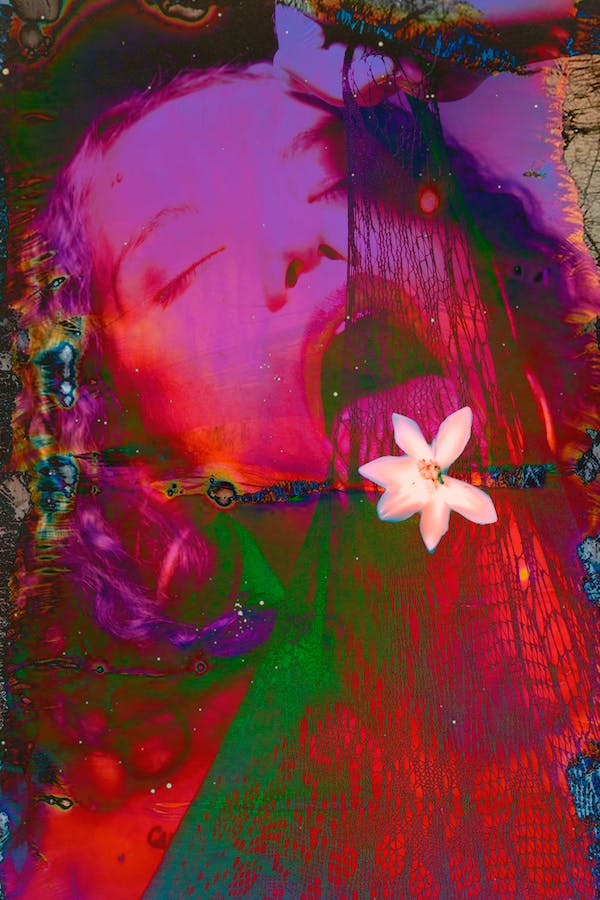Addiction, whether it be to physical substances, behavior, or relationships, is a devastating psychological issue affecting millions of people all over the world. But can art offer a form of healing and recovery from addiction?
It might not seem like it, but art and addiction have a long, intertwined history. In the past, art was used to depict and glorify alcohol and drug use, as well as other forms of problematic behavior. Fortunately, there’s been a shift in society’s view on addiction, and art is now being used to help those suffering from addiction to recover.
 The idea of art as a form of therapy for addiction has been gaining prominence in recent years, and many studies have been conducted on the healing effects of art. It’s been found that art therapy can be just as effective, and sometimes even more effective, than traditional forms of addiction therapy.
The idea of art as a form of therapy for addiction has been gaining prominence in recent years, and many studies have been conducted on the healing effects of art. It’s been found that art therapy can be just as effective, and sometimes even more effective, than traditional forms of addiction therapy.
Art therapy works by helping those suffering from addiction to express their feelings in a safe, constructive, and creative manner. This can help with the psychological healing process, as it allows the individual to constructively explore their emotions and come to terms with the issues that may be at the root of their addiction.
Another way that art can help those suffering from addiction is by providing them with a sense of purpose. Addiction often leaves individuals feeling empty and helpless, and art can provide them with a form of creative expression that they can focus on and see as something to strive for in their recovery.
For those in recovery, art can also provide a form of support and community. There are now many online communities and galleries dedicated to showcasing works of art from those in recovery, providing a safe space for individuals to come together and support one another.
Furthermore, art is also being used as a platform to help in the recovery process. Organizations such as ‘Kid Cudi’s Half Way House’, which offers art classes, creative workshops, and support programs for those in recovery, are a great example of how art can help support and further the recovery process.
It’s clear to see how art can be of immense help to those suffering from addiction. Not only can it aid in the psychological healing process, but it can also provide a sense of purpose and community to individuals in recovery.
Of course, art is not a cure-all for addiction and should be used alongside traditional forms of therapy. Addiction is a difficult illness and dealing with addiction requires a holistic approach that will vary from person to person. However, art can be a valuable and effective addition to recovery, even if it’s just with helping those with addiction to express themselves and find peace.